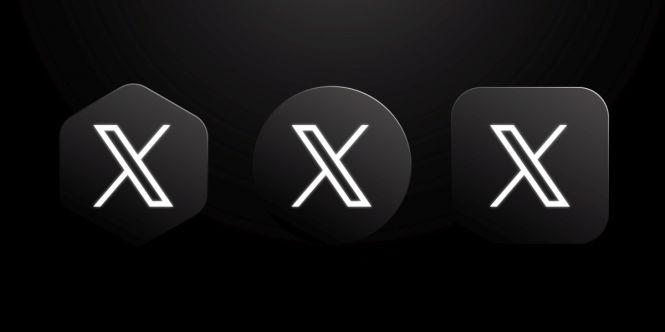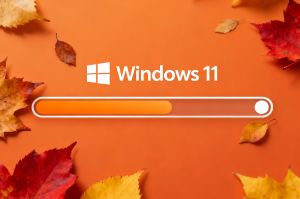 Elon Musk's X as an 'everything app': what's it going to be?
Elon Musk's X as an 'everything app': what's it going to be?
You might have not known it, but the recent news of Musk’s plan to turn X, formerly known as Twitter, into an ‘everything app’ (we dig into the notion of it below) isn’t actually news. Before settling the deal that set him back US$ 44 billion, Musk tweeted that “Buying Twitter is an accelerant to creating X, the everything app.” In a recent all-hands meeting, he took up most of the 45 minutes contemplating the present and the future of his brainchild. So what is it going to be, X the everything app? Let’s see what’s known so far.
Everything app: aspirations and real-life examples
 WeChat logo. Image by xvector from Freepik
WeChat logo. Image by xvector from Freepik
Elon Musk may be a pioneer in private sector space flights, but he’s not the first American tech entrepreneur to express the idea of an everything app. In 2019, Facebook’s Mark Zuckerberg wrote a post that set out his aspirations to add all kinds of “private services” to WhatsApp. There are other top managers of technological companies in the States that mull over the idea, including Uber’s Dara Khosrowshahi and Snap’s Evan Spiegel.
While Silicon Valley moguls only contemplate the concept of an everything app, their Asian counterparts take action: super applications are nothing new in China, Japan, and Korea, where people mount hours upon hours of screen time in WeChat, Line, and KakaoTalk, respectively. These mobile apps have evolved beyond chats to audio/video conferencing, streaming, banking, job searching, shopping, and dating services. All the daily grind bases covered, in other words.
What’s an ‘everything app’ in the mind of Elon Musk?
Basically, Musk wants to turn X, previously known as Twitter, into a sibling of the aforementioned Asian super apps, but design it to cater primarily to the audiences outside that region.
If, in Elon’s words, Twitter was a “digital town square,” X should be “a single application that encompasses everything.” Obviously having the WeChat example before his eyes, Musk puts YouTube, LinkedIn, FaceTime, dating apps, and the entire banking industry on the list of future X competitors.
Where is X now? Current state of affairs
 X logo variants. Omage by freepik from Freepik
X logo variants. Omage by freepik from Freepik
When Musk acquired Twitter, he threw the company into turmoil. Many employees quit, more fired. The valuation of the company has been shrinking ever since, and the threshold of profitability is still somewhere ahead. Moreover, Twitter’s biggest advertisers decided to terminate their contracts over the past year.
Thus, turning Twitter into X has been an uphill battle so far, with no signs of a plateau in sight. However, Mr. Musk is far from being depressed about it: he was thoroughly optimistic at the mentioned all-hands meeting, and in a recent interview revealed his true plan by stating that X can be “half of the global financial system.”
His enthusiasm is contagious: Linda Yaccarino, CEO of the company, tweeted that “X is the future state of unlimited interactivity – centered in audio, video, messaging, payments/banking – creating a global marketplace for ideas, goods, services, and opportunities. Powered by AI, X will connect us all in ways we’re just beginning to imagine.”
All things considered, we may be witnessing the birth of a new verb, “to musk [something].” The meaning of this new verb is still in the making: if Mr. Musk succeeds, it’ll be something to the effect of “over deliver in spite of everyone’s expectations”; should he fail, “musk it” will mean quite the opposite.



